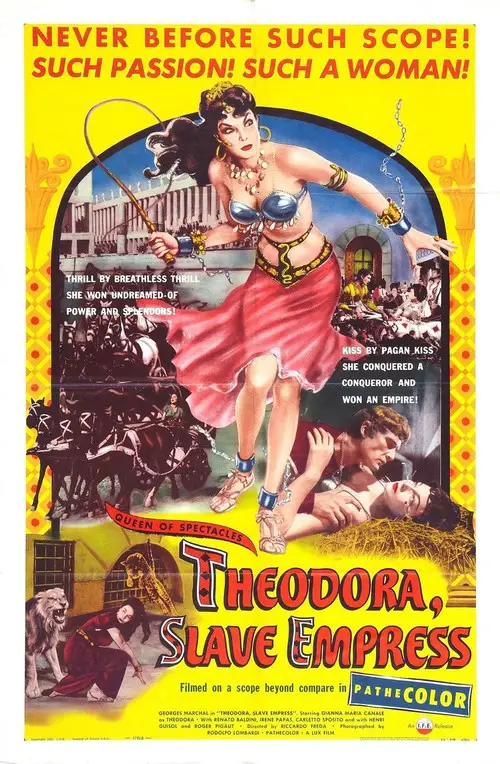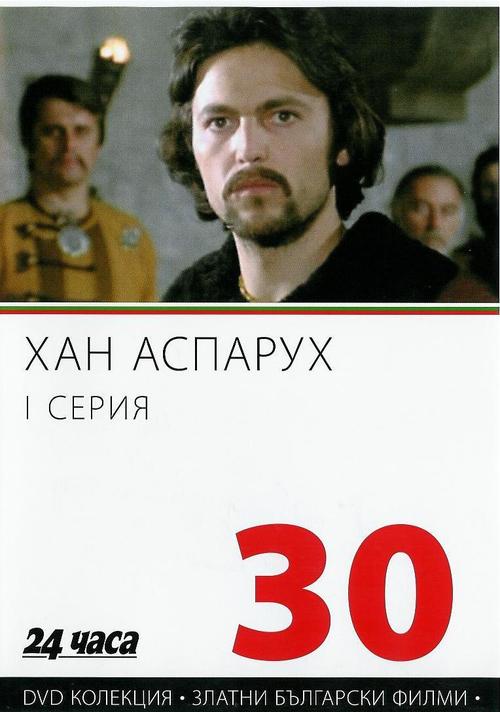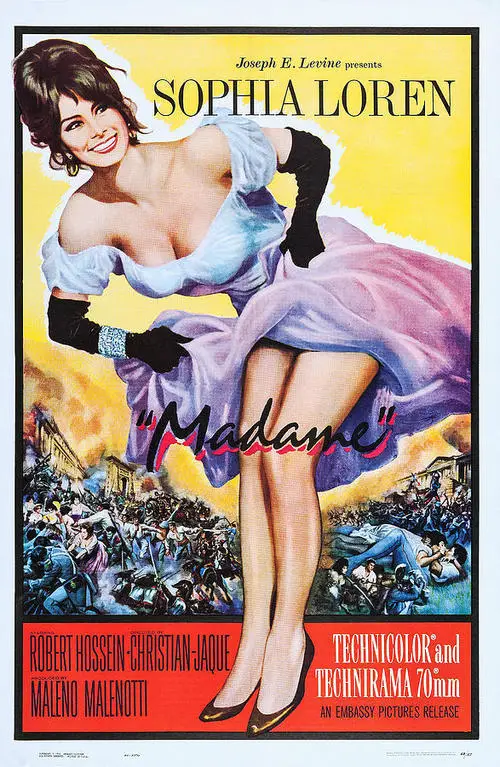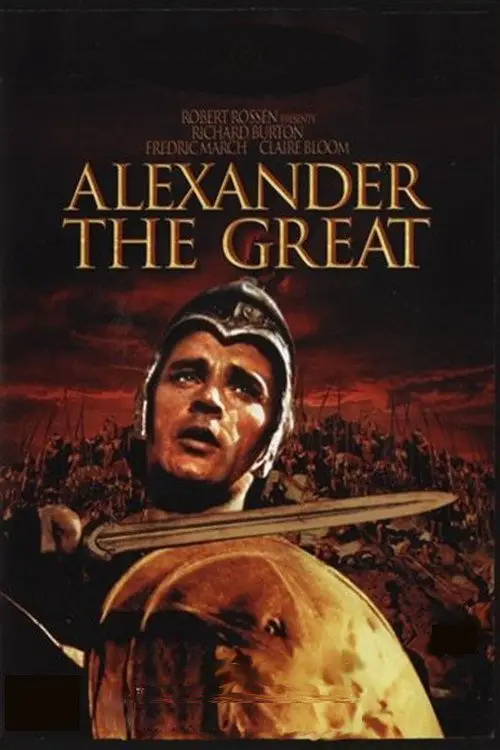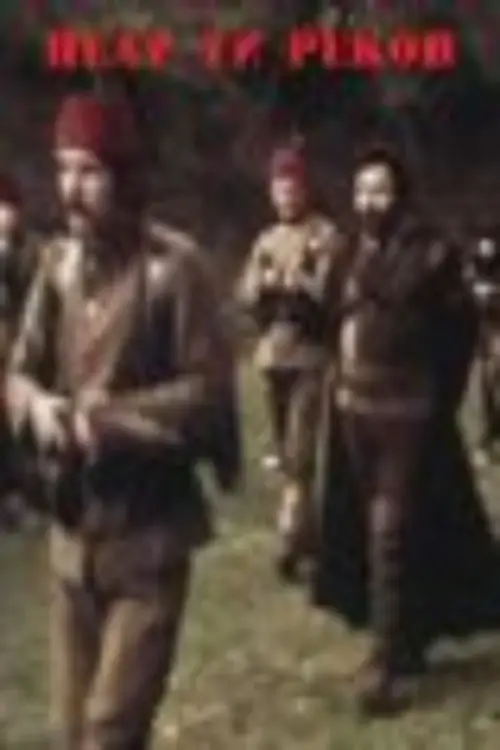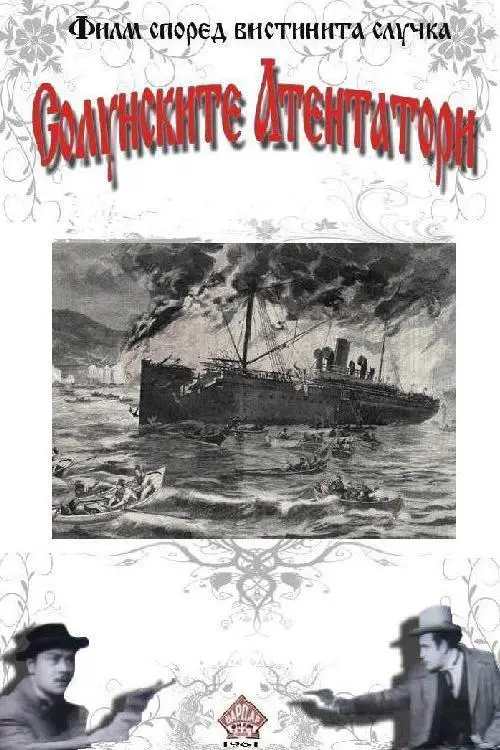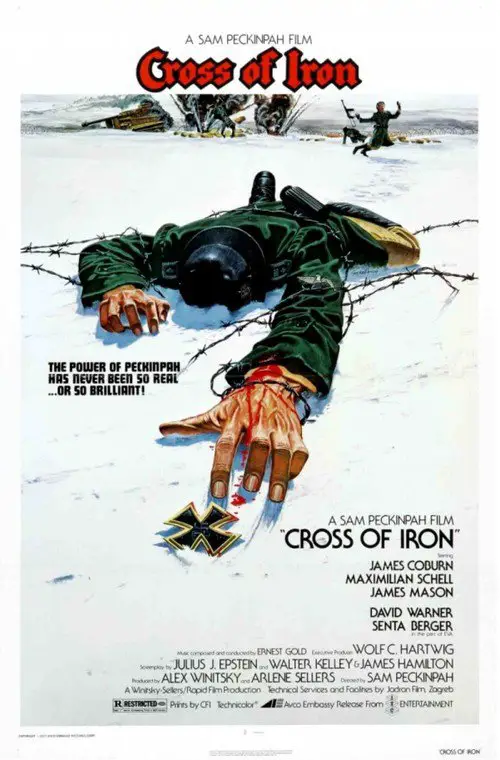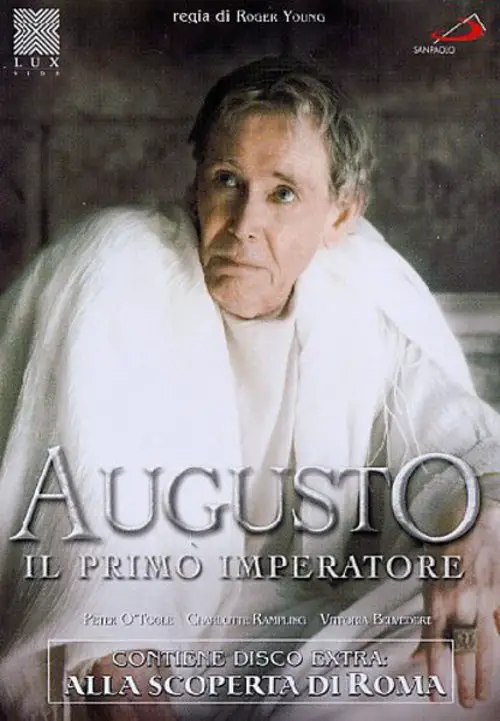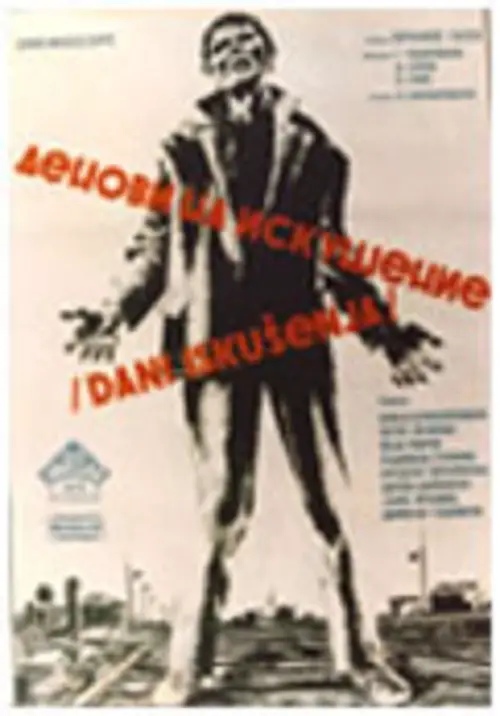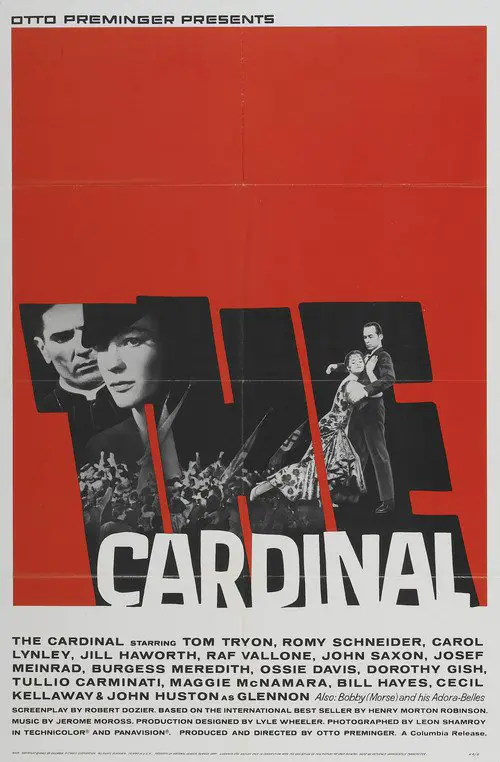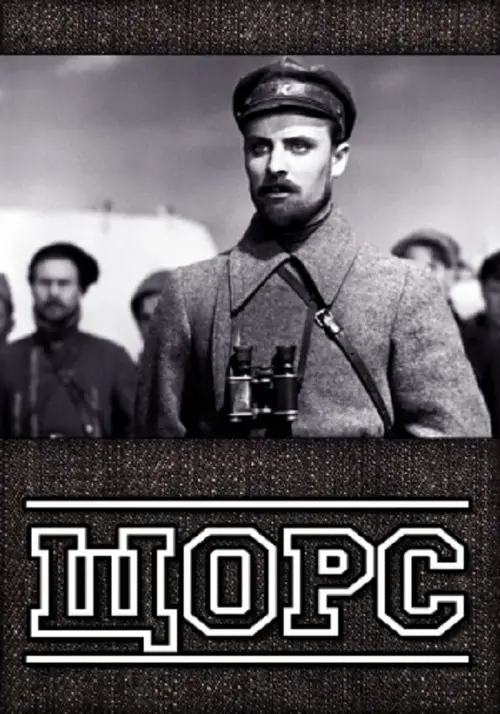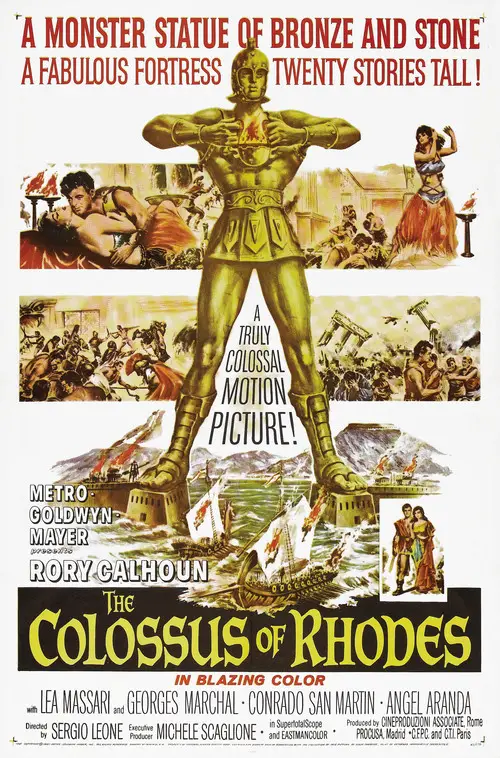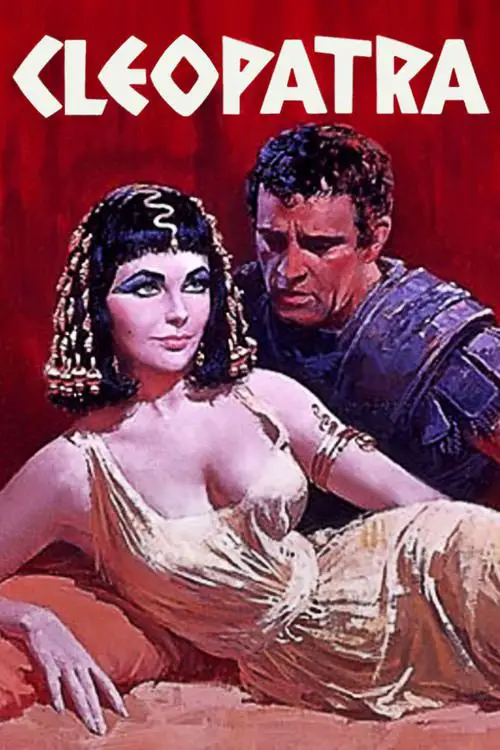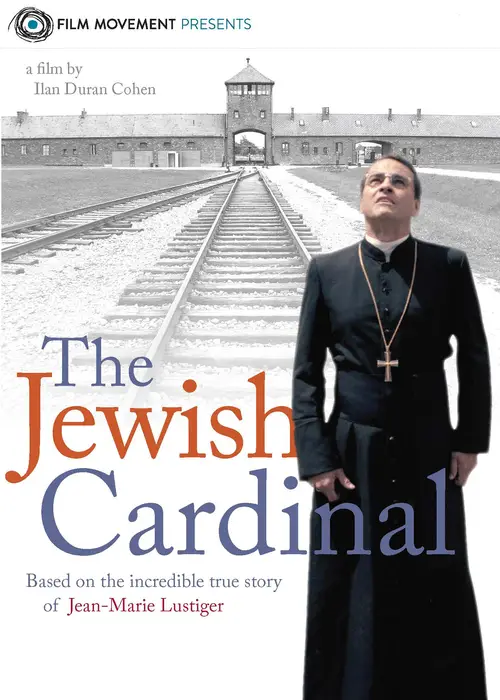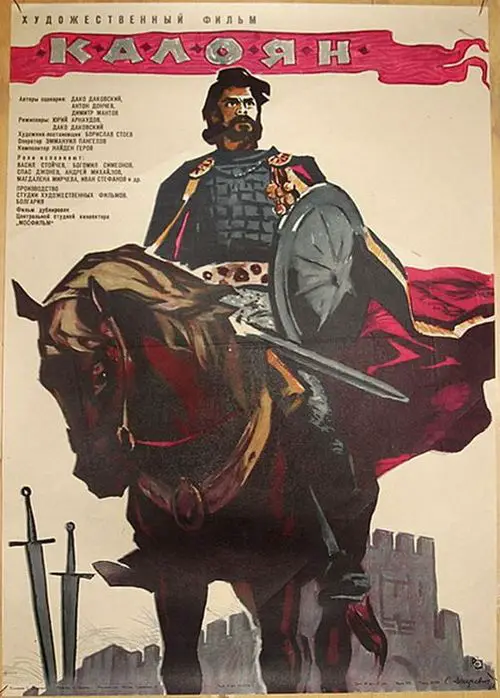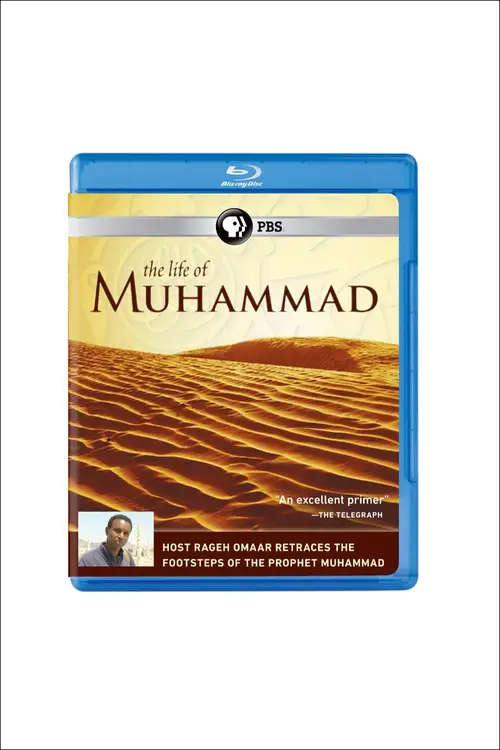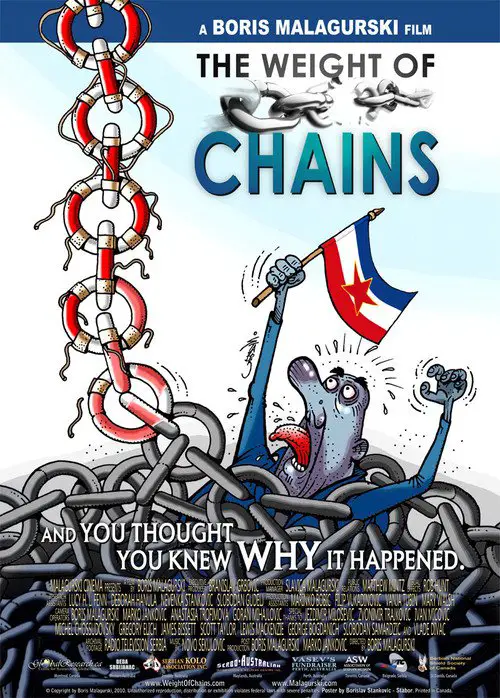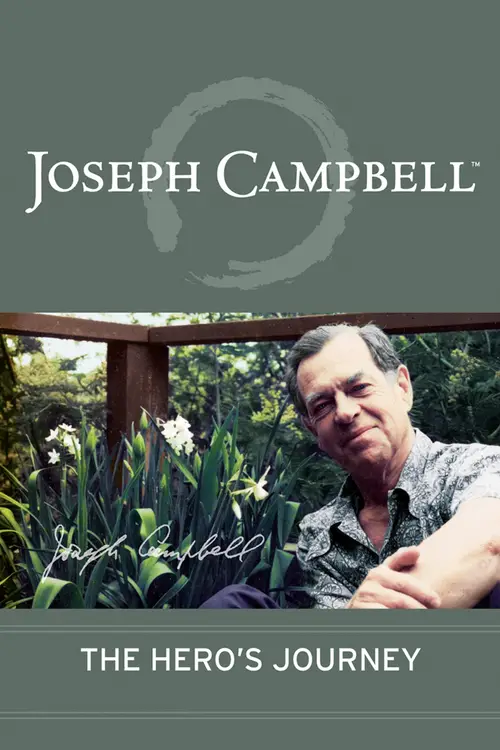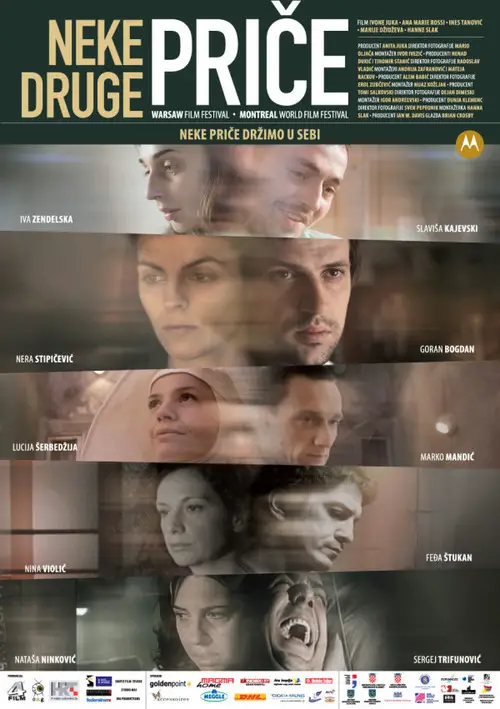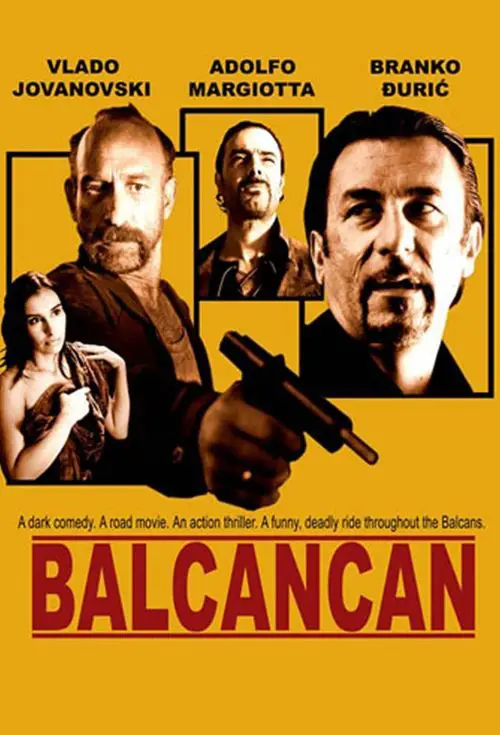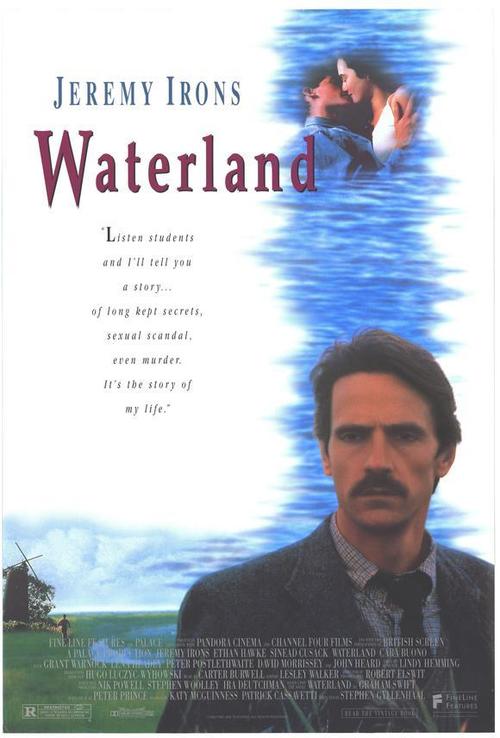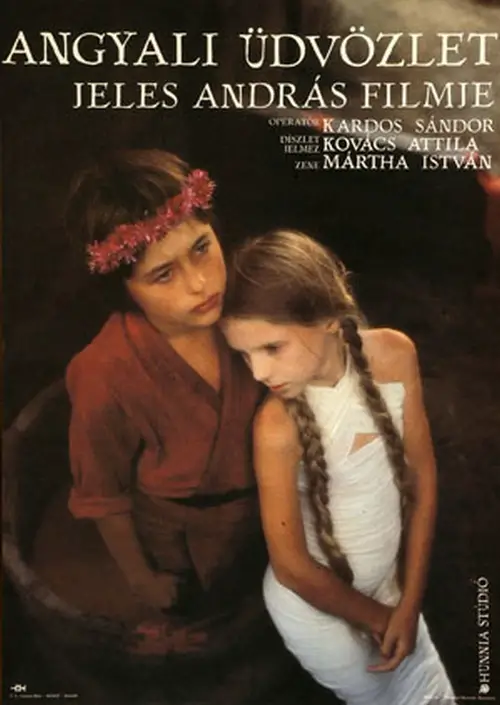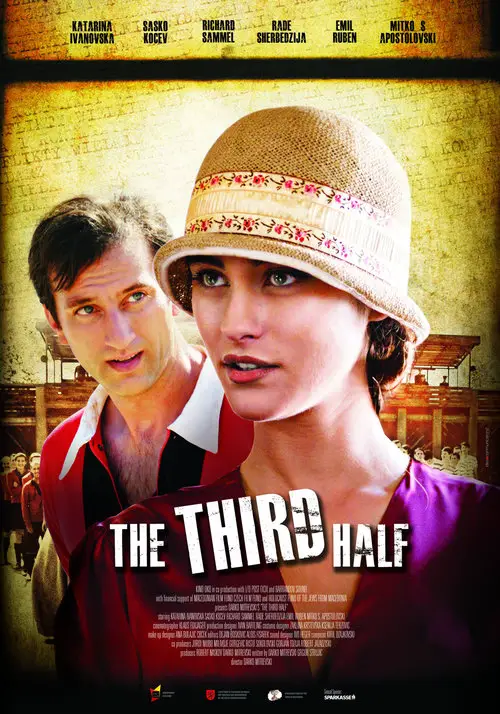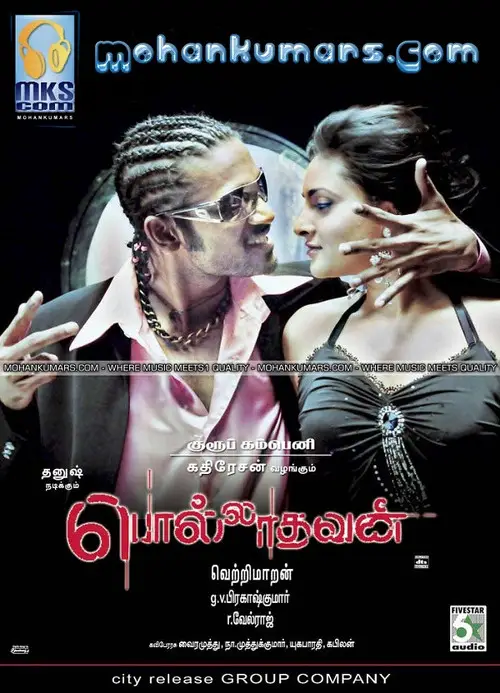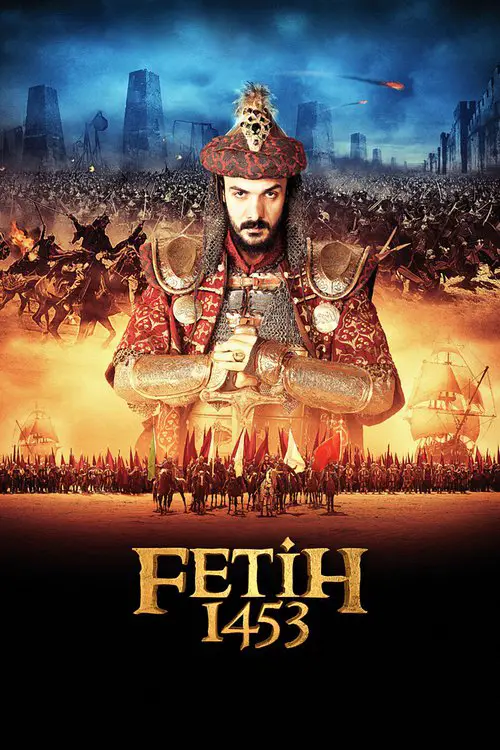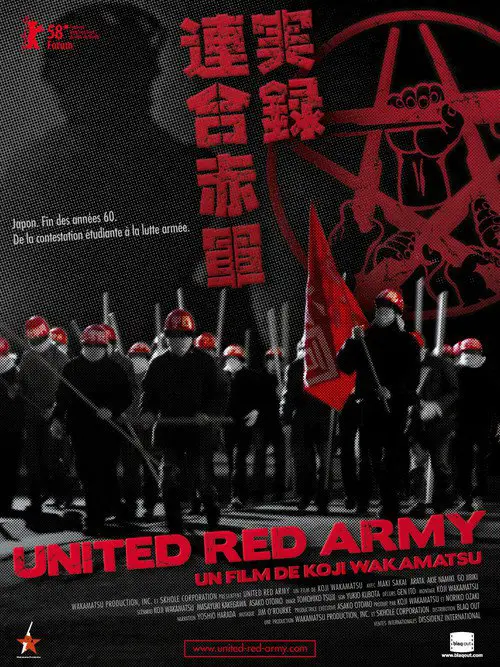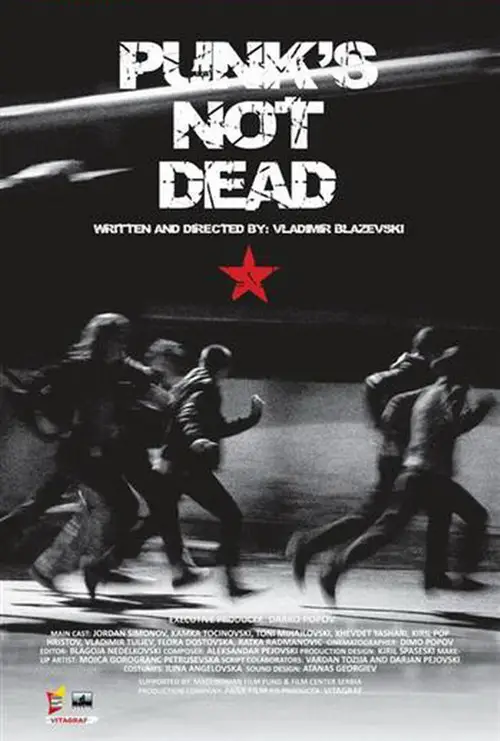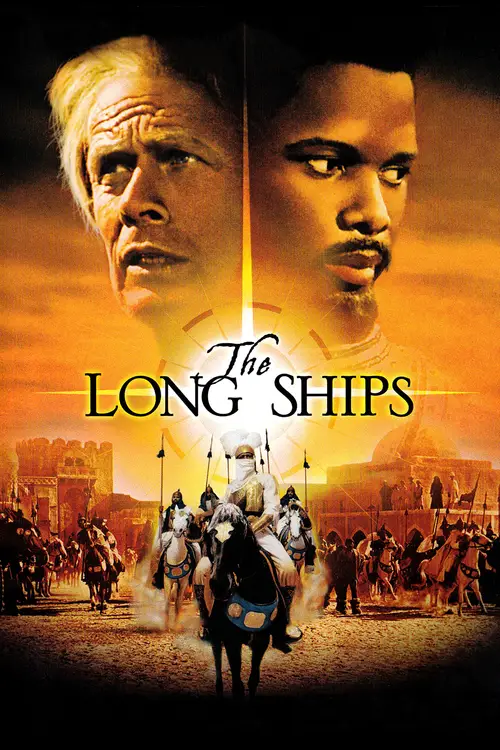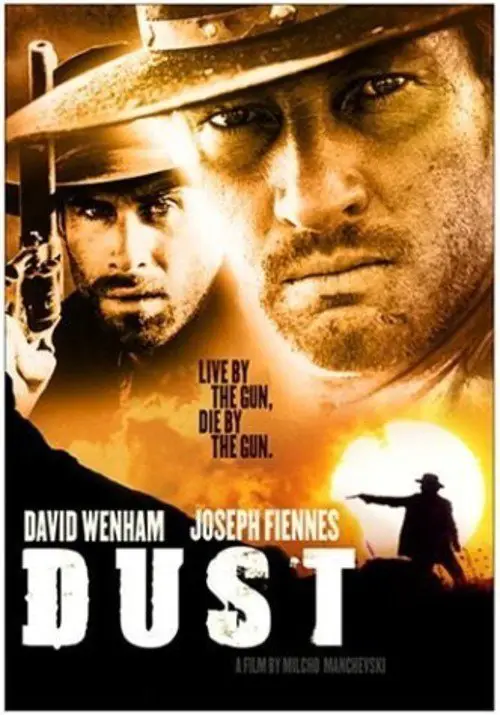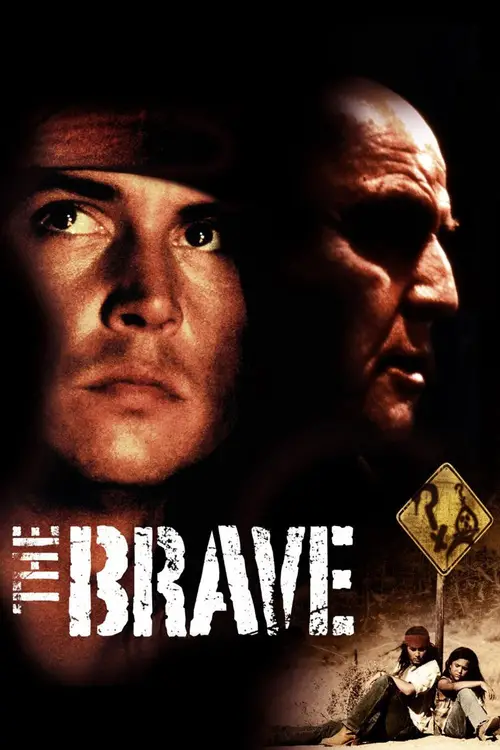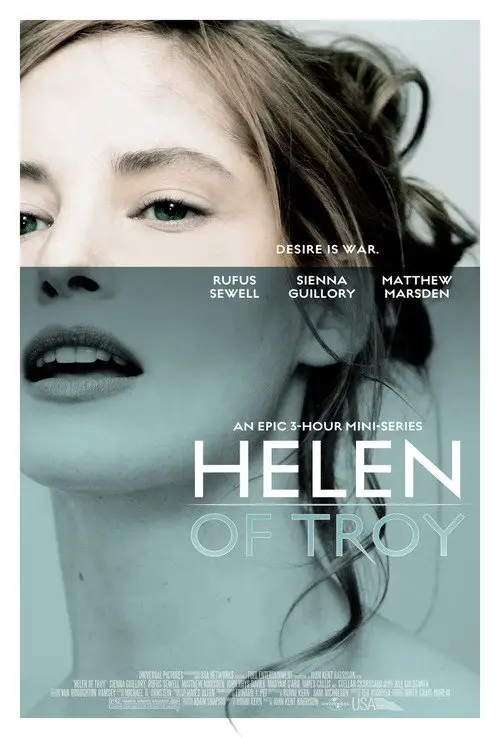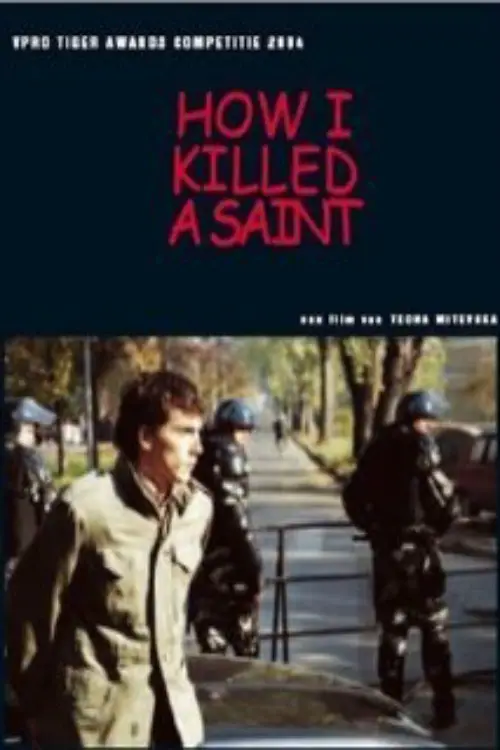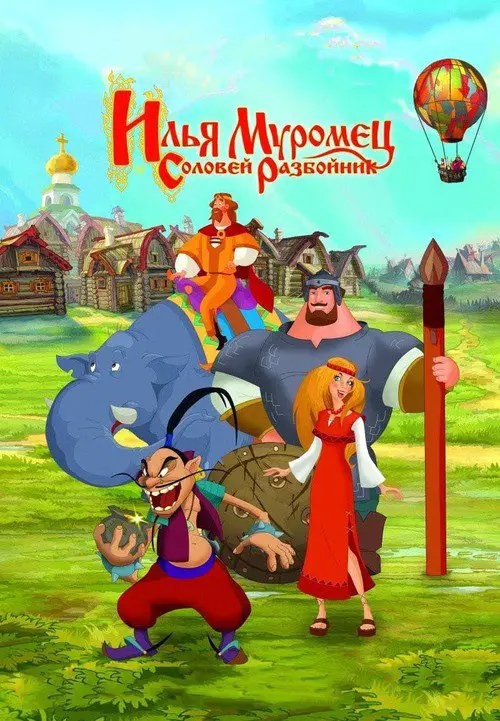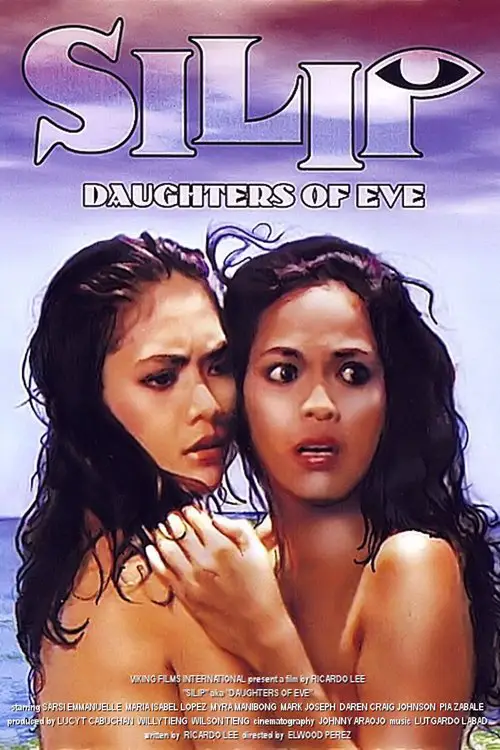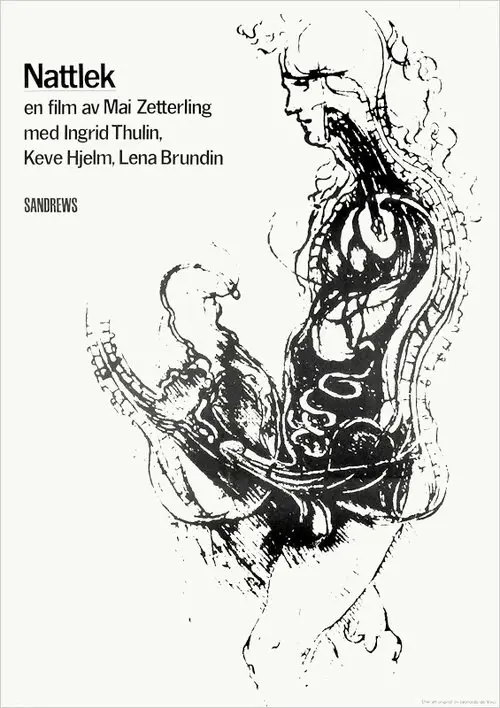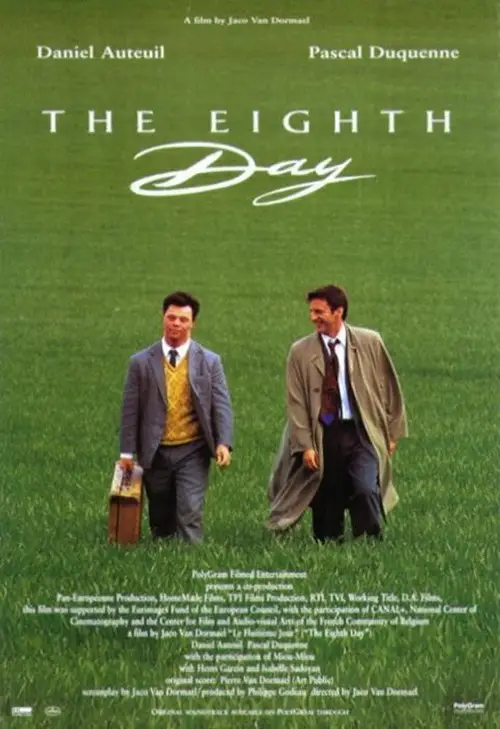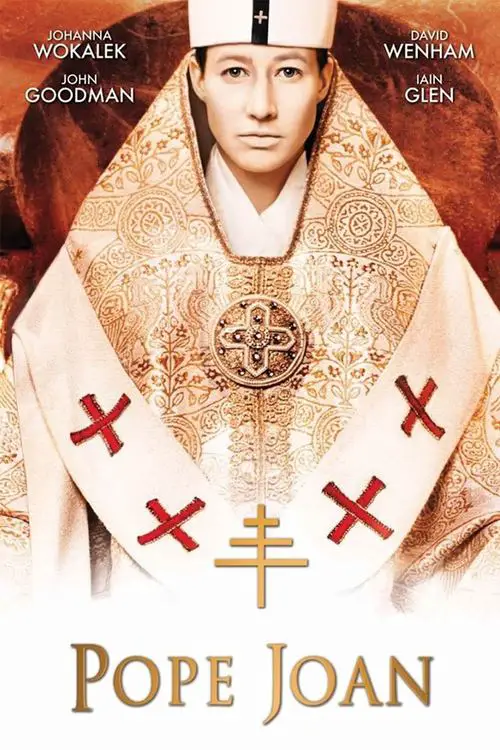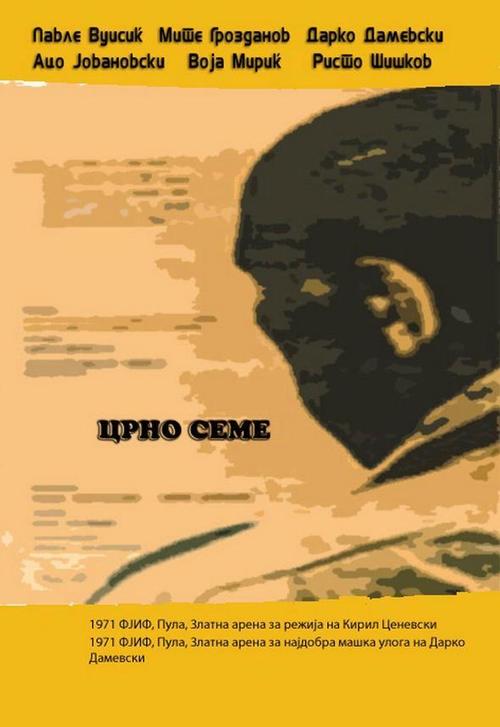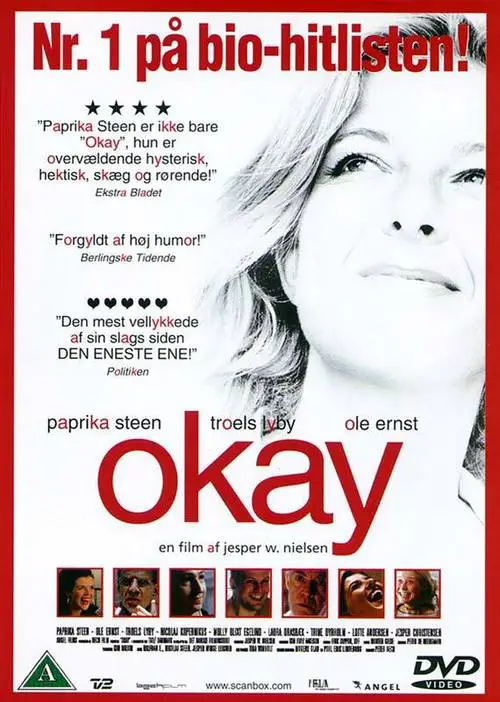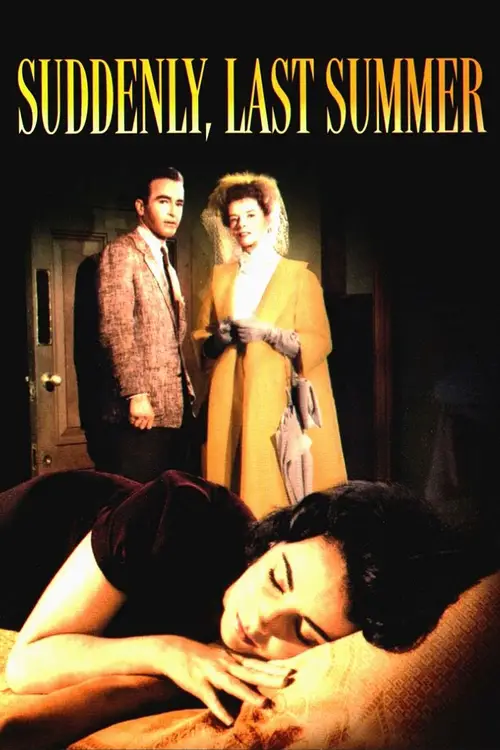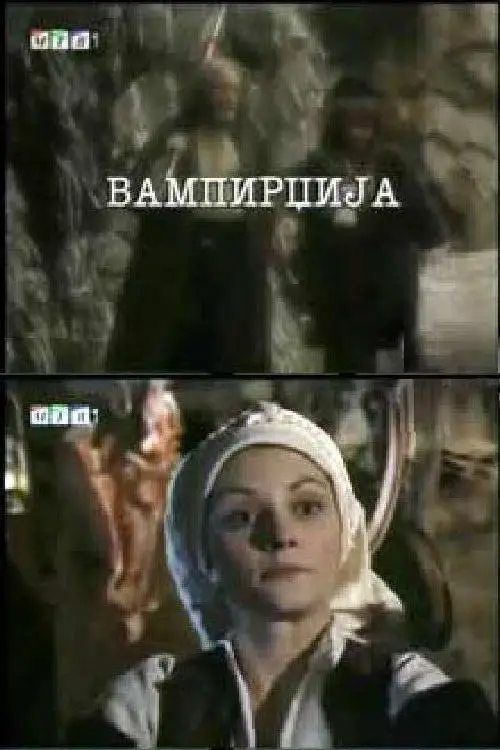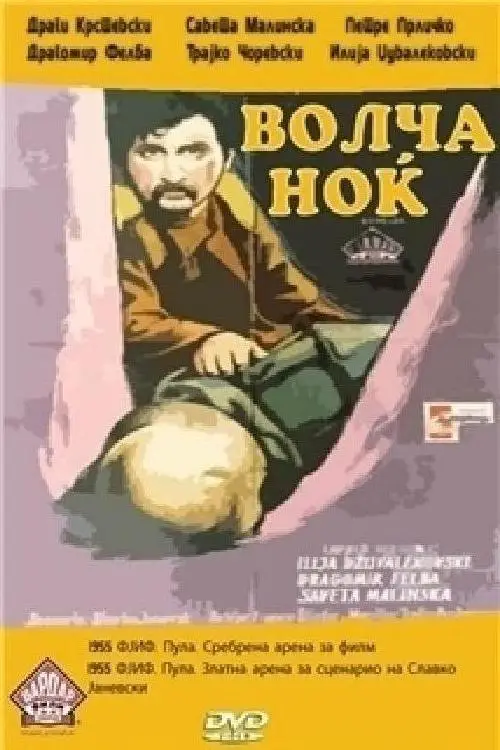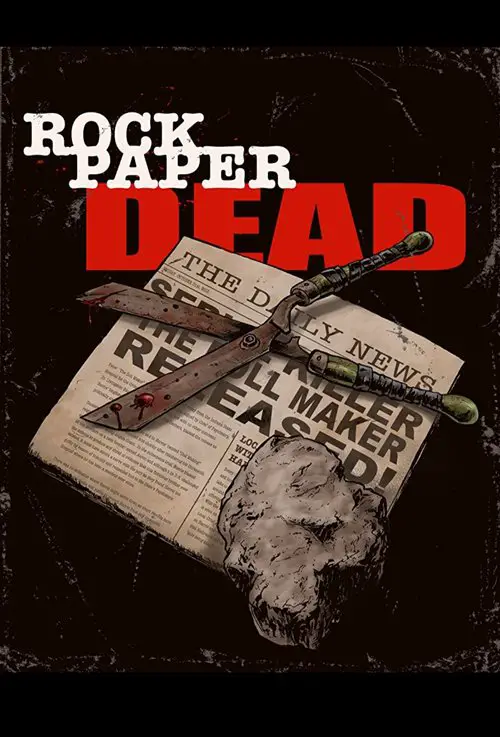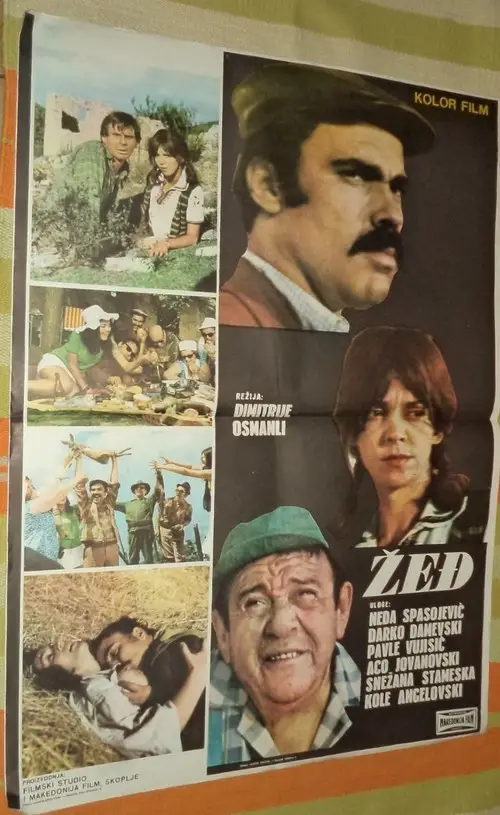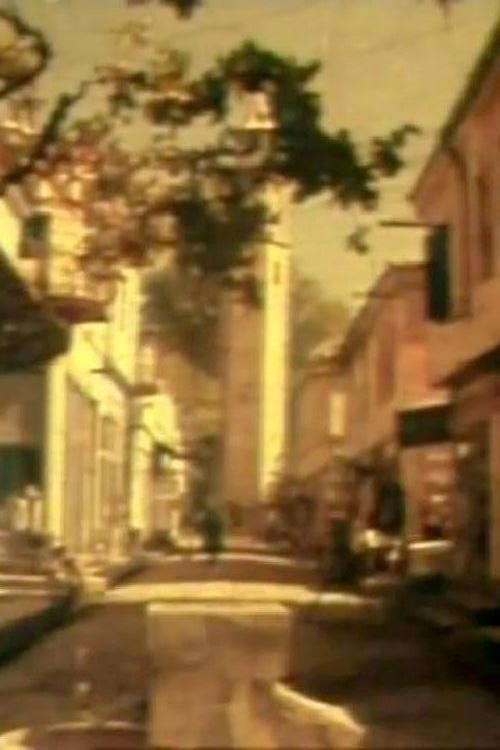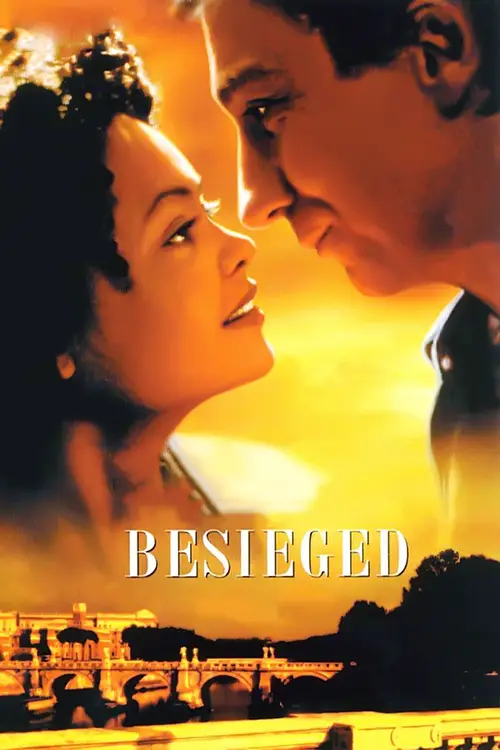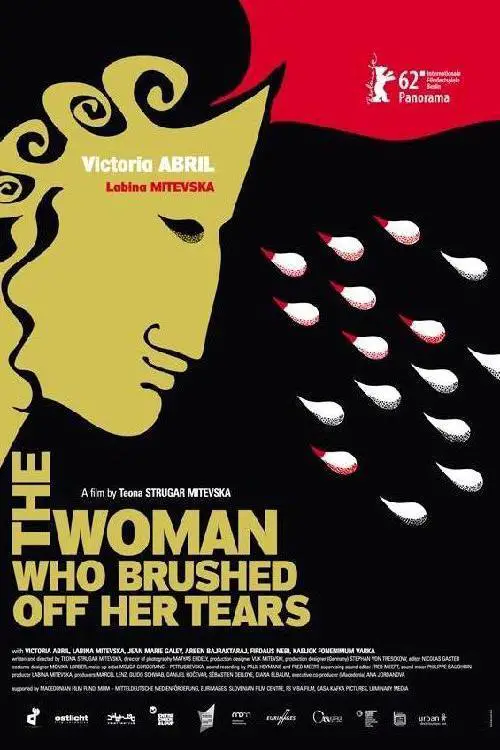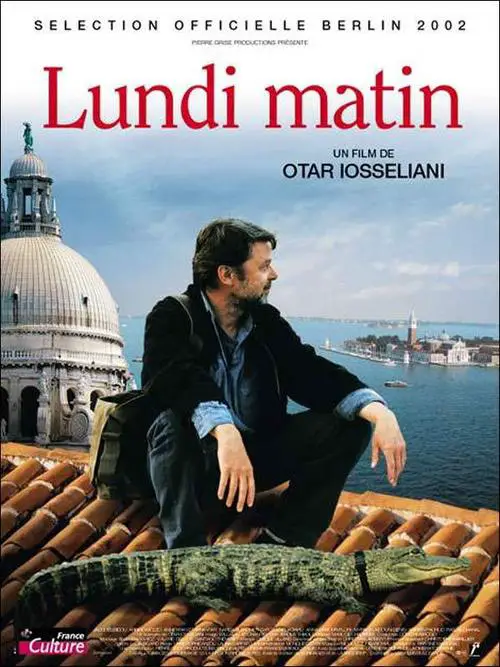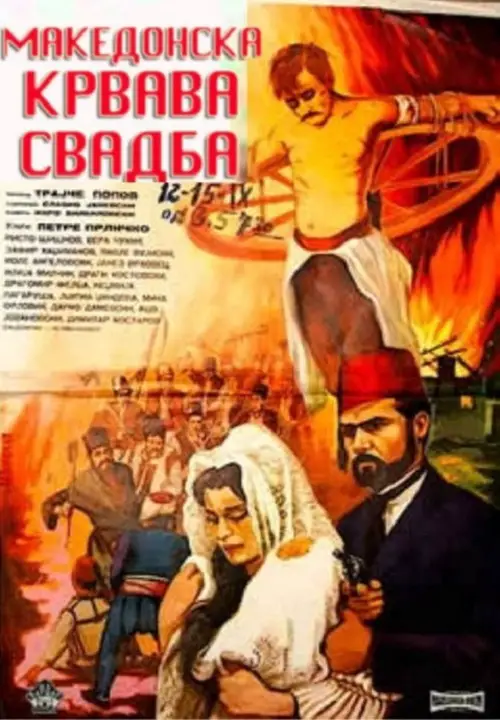Anguish (1975)
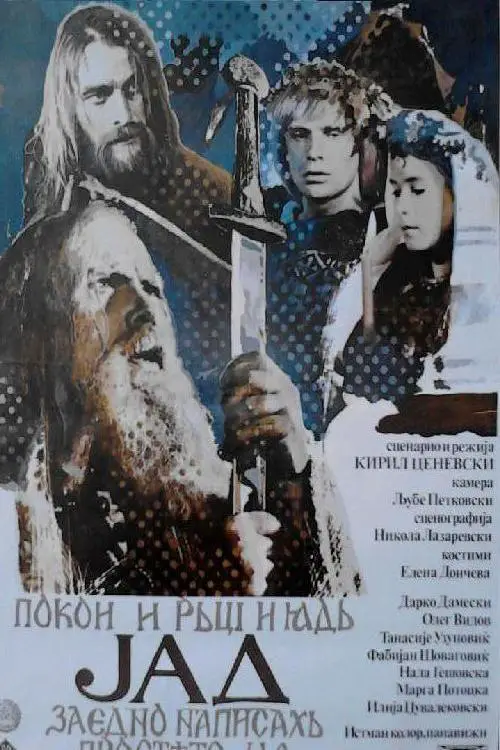
Similar movies
The first part of the film trilogy about the events before creation of the Bulgarian state in the middle of the VII century. Volga Bulgaria is straining under the attacks of the Khazars. Following the testament of his father, the sons of Khan Kubrat looking for a new home for their tribes. The youngest of them - Asparukh, wander 20 years in search of "land forever" for his people and reaches the mouth of the Danube. The film is narrated by captured Byzantine chronicler Belisarius, which should Asparukh in his journeys. Byzantine witnessed the heroic efforts of the Bulgarians to win the land south of the Danube and to create their new country.
Catherine Hubscher, who washes the shirts of young Napoleon and other soldiers fighting the Revolution, falls in love with Sergeant Lefebvre. Circumstances bring Lefebvre a noble title and even more -- Napoleon decides to make him the local ruler over a large territorial fiefdom. But trouble brews when Madame Sans-Gene, now elevated to the nobility along with her man -- cannot keep her frank observations under control.
He was a fierce military commander who led huge armies into battle without a single defeat; a magnificent warrior who many believed was part god - this was Alexander the Great (Richard Burton), the legendary Greek hero hailed by his countrymen as "The King of Kings". Born in 356 B.C. into a turbulent world of political unrest, educated by Aristotle (Barry Jones) and chosen to lead his people in the grand tradition of his powerful father (Fredric March), this glamorous world conqueror rose above all conflict to unite the continents of Europe and Asia to become one of the most celebrated rulers of all time! Written, produced and directed by Oscar - winner Robert Rossen and featuring the extraordinary Claire Bloom and a remarkable cast of thousands, this stunning portrait of one of history's most fascinating figures is colossal entertainment and an amazing spectacle.
Ben-Hur is a 1959 epic film directed by William Wyler, the third film version of Lew Wallace's 1880 novel Ben-Hur: A Tale of the Christ. It premiered at Loew's State Theatre in New York City on November 18, 1959. The film went on to win a record of eleven Academy Awards, including Best Picture, a feat equaled only by Titanic in 1998 and The Lord of the Rings: The Return of the King in 2004. It was also the last film to win the Oscar for both Best Actor and Best Supporting Actor, until nearly 44 years later when Mystic River achieved the same feat.The movie revolves around a Jewish prince who is betrayed and sent into slavery by a Roman friend and how he regains his freedom and comes back for revenge.
In 1918, after the end of the Balkan Wars and the First World War, hundreds of Macedonians immigrated to Bulgaria. Among them there were pro-Bulgarian Macedonians who wanted to exploit the emigrants for their own political purposes. A number of decent freedom fighters were eliminated. The victim of one of the assassins in Sofia was Djorche Petrov. His assassin is a young boy who doesn't even know that he is shooting dead the man who is one of the last real fighters for the freedom of Macedonia. By discovering that he has been unknowingly involved in the pro-Bulgarian organization and has been used for an execution of this vile act, it means the death sentence for the young boy.
The year is 1919. German troops retreat from Ukraine. The Directory, the Ukrainian national government lead by Symon Petliura, takes control of Kyiv. Meanwhile, the Bolshevik division commanded by Mykola Shchors is marching on the capital. The Bolsheviks capture the cities of Vinnytsia, Zhmerynka, and others one by one, but lose Berdychiv to Petliuraâs forces. They are demoralized by the defeat. By his personal example of courage and military skill, Shchors inspires the retreating Red troops and leads them to victory over the enemy.
Historical epic. The triumphs and tragedy of the Egyptian queen, Cleopatra.The winner of four Oscars, this epic saga of love, greed and betrayal stars Elizabeth Taylor as the passionate and ambitious Egyptian queen who's determined to hold on to the throne and seduces the Roman emperor Julius Caesar (Rex Harrison). When Caesar is murdered, she redirects her attentions to his general, Marc Antony (Richard Burton), who vows to take power -- but Caesar's successor (Roddy McDowall) has other plans.
The theme is the founding of the state of Israel. The action begins on a ship filled with Jewish immigrants bound for Israel who are being off loaded on Cyprus. An Intelligence officer succeeds in getting them back on board their ship only to have the harbor blocked by the British with whom they must negotiate. The second part deals with declaring independence and the resulting warring.
The Jewish Cardinal tells the amazing true story of Jean-Marie Lustiger, the son of Polish-Jewish immigrants, who maintained his cultural identity as a Jew even after converting to Catholicism at a young age, and later joining the priesthood. Quickly rising within the ranks of the Church, Lustiger was appointed Archbishop of Paris by Pope John Paul IIâand found a new platform to celebrate his dual identity as a Catholic Jew, earning him both friends and enemies from either group. When Carmelite nuns settle down to build a convent within the cursed walls of Auschwitz, Lustiger finds himself a mediator between the two communitiesâand he may be forced, at last, to choose his side.
1197. King Kaloyan ascends the throne in hard times for Bulgaria. The country is still recovering from a century of Byzantine subjugation. He is forced to carry out a very flexible foreign policy in order to strength his positions. Pope Innocent III recognizes him as Emperor (Tsar), but a little later the fourth Crusade crosses the country under Emperor Baldwin. A new conflict is coming. Tsar Kaloyan wages the decisive battle at Adrianople and wins.
The Weight of Chains is a Canadian documentary film that takes a critical look at the role that the US, NATO and the EU played in the tragic breakup of a once peaceful and prosperous European state - Yugoslavia. The film, bursting with rare stock footage never before seen by Western audiences, is a creative first-hand look at why the West intervened in the Yugoslav conflict, with an impressive roster of interviews with academics, diplomats, media personalities and ordinary citizens of the former Yugoslav republics. This film also presents positive stories from the Yugoslav wars - people helping each other regardless of their ethnic background, stories of bravery and self-sacrifice.
One of the greatest storytellers of our time, and arguably the greatest mythologist, Joseph Campbell spent most of his long, rich career explaining how ancient myths like the Heroâs Journey are relevant to modern life. In understanding the importance of myth as a vital, vibrant source of "mankindâs one great story," Campbell inspired others to embark on a quest for the meaning of myth in their own lives. This biographical portrait, filmed shortly before his death in 1987, follows Campbellâs personal questâa pathless journey of questioning, discovery, and ultimately of delight and joy in a life to which he said, "Yes."
The film is a high-concept project with five stories exploring the themes of motherhood and pregnancy, directed by women filmmakers from five former Yugoslav republics. âCroatian Storyâ follows an anguished painter who must decide whether or not to keep one of her unborn twins, diagnosed with Down syndrome. âSerbian Storyâ finds an expectant mother in the same emergency room with a charming killer. âBosnia-Herzegovina Storyâ centers on a financially strapped Sarajevo family whose son?s lover is pregnant. âMacedonian Storyâ unfolds in a clinic where a drug addict struggles to keep her baby, and âSlovenian Storyâ ends the omnibus on a humorous note with a nun who finds her own way to immaculate conception.
The Annunciation (in Hungarian: Angyali üdvözlet) is a Hungarian film directed by András Jeles in 1984, based on The Tragedy of Man (1861) by Imre Madách. When Adam (Péter Bocsor) and Eve (Júlia MérÅ), having succumbed to Lucifer's temptation, are cast out of the Garden of Eden, Adam holds Lucifer (Eszter Gyalog) to his promise, reminding him that "You said I would know everything!". So Lucifer grants Adam a dream of the world to come. And what a bizarre dream: Adam becomes Miltiades in Athens; a knight called Tancred in Byzantium; Kepler in Prague; Danton in revolutionary Paris; and a nameless suitor in Victorian London. Guided by a deceptively sweet but ultimately contemptuous Lucifer, Adam confronts an endless procession of the horror of the human story ... rapists and concubines, betrayal and savagery, mindless cruelty and fanaticism.
The circularity of violence seen in a story that circles on itself. In Macedonia, during war in Bosnia, Christians hunt an ethnic Albanian girl who may have murdered one of their own. A young monk who's taken a vow of silence offers her protection. In London, a photographic editor who's pregnant needs to talk it out with her estranged husband and chooses a toney restaurant.
Prabhu (Dhanush) is a happy-go-lucky middle class family guy who spends time playing carrom in the streets with his friends Santhanam, Karunas. His father (Murali) and he keep falling into minor misunderstandings, and he indulges in a hopeless romance with a strange girl (Divya Spandana) who he meets at a bus stop. When he is caught in the act of stealing a pittance from his father for booze with his friends, Prabhu questions his fatherâs responsibility towards his upbringing. His angry father gives Prabhu some of his savings and tells him to do something with his life. Prabhu purchases a Bajaj Pulsar bike instead and finds a job. The bike eventually saves his life from a freak incident and gets lost, subjecting him to interminable anguish as he searches for his bike. When his family members asks him about his bike, he tells them that he has given it for dealer service.
The film is told in three acts, beginning with a historical background of Japan's student movement of the 1960s and early 1970s, mostly using archive footage and a narrator. The second act follows the formation of the group to their mountain training camps in the southern Japanese Alps. It emphasizes the dogmatic (and eventually hypocritical) bullying of the group by Mori and Nagata, with 12 members being killed for infractions as small as improperly cleaning a gun, wearing make-up, and kissing. The third act shows the splitting up of the group after two members run off. It follows one group of five members to Karuizawa and a hostage-taking and police standoff known as the Asama-SansÅ incident.
In this elaborately mounted seafaring adventure, Rolfe (Richard Widmark) is a Viking leader with the cunning and devious mind of a pirate. Rolfe tells others sailors of "The Mother of Voices," a mammoth bell made of gold and as tall as three men, but he adds enough incorrect details to throw them off the proper trail. However, Aly Mansuh (Sidney Poitier), the leader of a group of ambitious Moors, sees through Rolfe's story, and soon the two are in a breakneck race to be the first to capture the precious bell. The Long Ships also features Russ Tamblyn and Oscar Homolka.
Two parallel tales of redemption, a century apart. In the New York storyline, Edge hunts for Angela's gold to pay back a debt, and gradually grows closer to her. In the Macedonian story, the brothers end up fighting for opposite sides of a revolution, with the religious Elijah taking up sides with the Ottoman sultan and gunslinger Luke joining "the Teacher" , a Macedonian rebel.
This fifth Danish Dogme film is about six vulnerable individuals whose lives are interwoven. In a city suburb, a young minister arrives to take up duties at a local church. He is persuaded by his assistant to join an Italian night school class, and he soon becomes the centre of a group of people to whom fate has dealt quite serious blows. Gradually each one in the group manages to overcome his/her predicament and find a happy solution. This Dogma production was shown at the Berlinale in 2001 where it surprisingly won a silver medal.
Jan (Keve Hjelm) fights impotence (literal and symbolic) and anguished childhood memories in a decadent Swedish castle where risqué parties and daring scenes defy 1960s' movie censorship, reaffirming the ground-breaking role of Swedish films in helping advance adult, sexually concerned themes in international cinema.
Georges has Down syndrome, living at a mental-institution, Harry is a busy businessman, giving lectures for young aspiring salesmen. He is successful in his business life, but his social life is a disaster since his wife left him and took their two children with her. This weekend his children came by train to meet him, but Harry, working as always, forgot to pick them up. Neither his wife or his children want to see him again and he is driving around on the country roads, anguished and angry. He almost runs over Georges, on the run from the institution since everybody else went home with their parents except him, whose mother is dead. Harry tries to get rid of Georges but he won't leave his new friend. Eventually a special friendship forms between the two of them, a friendship which makes Harry a different person.
Serafim is a vampire hunter - who wanders through Macedonian villages and destroys the vampired dead man for money. His apprentice is young fellow named Fidan, who Serafim teaches the rough and dangerous vampire craft, along with the alphabet and the insecure life in Macedonia. Vampire man and his student in their surroundings get in struggle with: Macedonian vampires, Turkish Authority and with Komiti (Macedonian Revolutionaries), also with Avdzi - Taburi (paid hunters of Komiti). Fidan experiences damnation of the vampire skill, who doesn't know if Serafim is a God's angel or servant of Devil.
Rock Paper Dead is the story of serial killer, Peter "the Doll Maker" Harris. Peter returns to his ancestral family home after being released from the state's hospital for the criminally insane after ten years - a "cured" man. Once inside the old house, anguished memories from a tortured childhood and ghostly visitations from his past victims shake Peter's resolve. It isn't until lovely young Ashley enters his life that Peter makes a fateful decision, a decision that will rekindle old desires that always ended in murder.
The inhabitants of a small village in a backward area of Macedonia earn their living by sending their men abroad in search of employment. Three young girls, named Elica, Maria and Nikolina live and work as schoolteachers in the village. Each of them try to make sense of their lives, in that situation where it is imposed on them. In the village the greatest problem is the supply of water. Spring water is carried by Marko from the distant mountains Marko is falls in love with the poor girl Kate...
A Danish officer, Michael (Thomsen), is sent away to the International Security Assistance Force operation in Afghanistan for three months. His first mission there is to find a young radar technician who had been separated from his squad some days earlier. While on the search, his helicopter is shot down and he is taken as a prisoner of war, but is reported dead to the family.
When an African dictator jails her husband, Shandurai goes into exile in Italy, studying medicine and keeping house for Mr. Kinsky, an eccentric English pianist and composer. She lives in one room of his Roman palazzo. He besieges her with flowers, gifts, and music, declaring passionately that he loves her, would go to Africa with her, would do anything for her. "What do you know of Africa?," she asks, then, in anguish, shouts, "Get my husband out of jail!" The rest of the film plays out the implications of this scene and leaves Shandurai with a choice.
The film is the story of girl Cveta who was abducted by the Ottoman bey and taken away in his harem. Bey is trying to embrace Islam, but its persistence, and its neighbors led beloved Spasa, and beloved local priest, assisted by diplomats of the great powers manage to free themselves. On the day of her wedding comes Bey with his army to try to get it back. Cveta dies, Spasa killing Bey and and goes to the committees.
© Valossa 2015–2024

